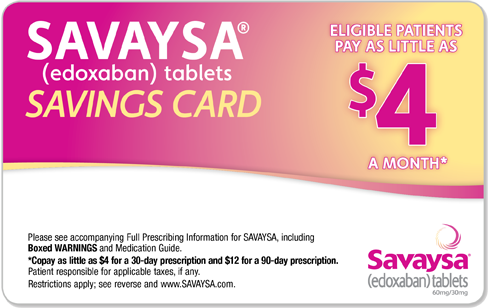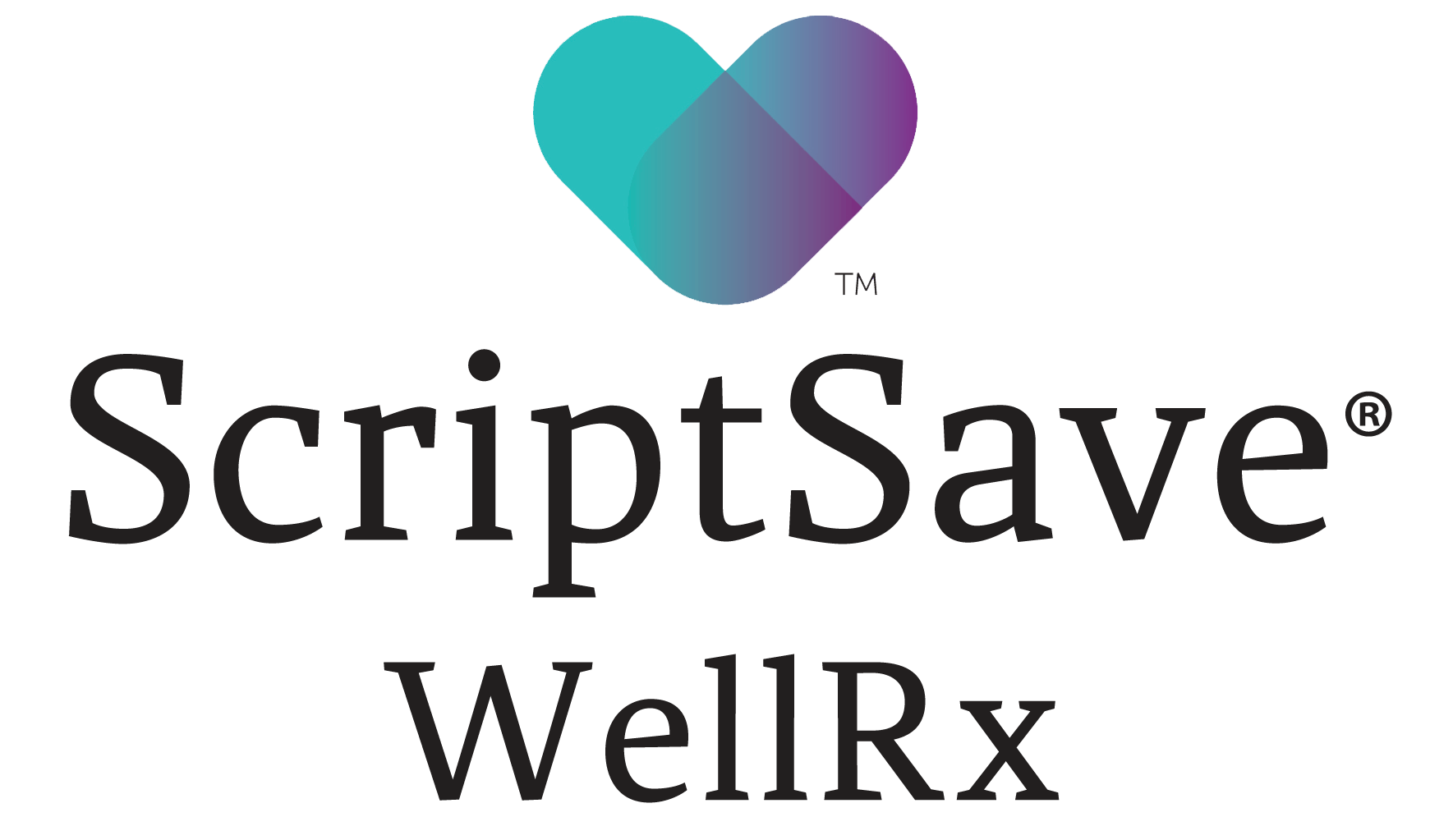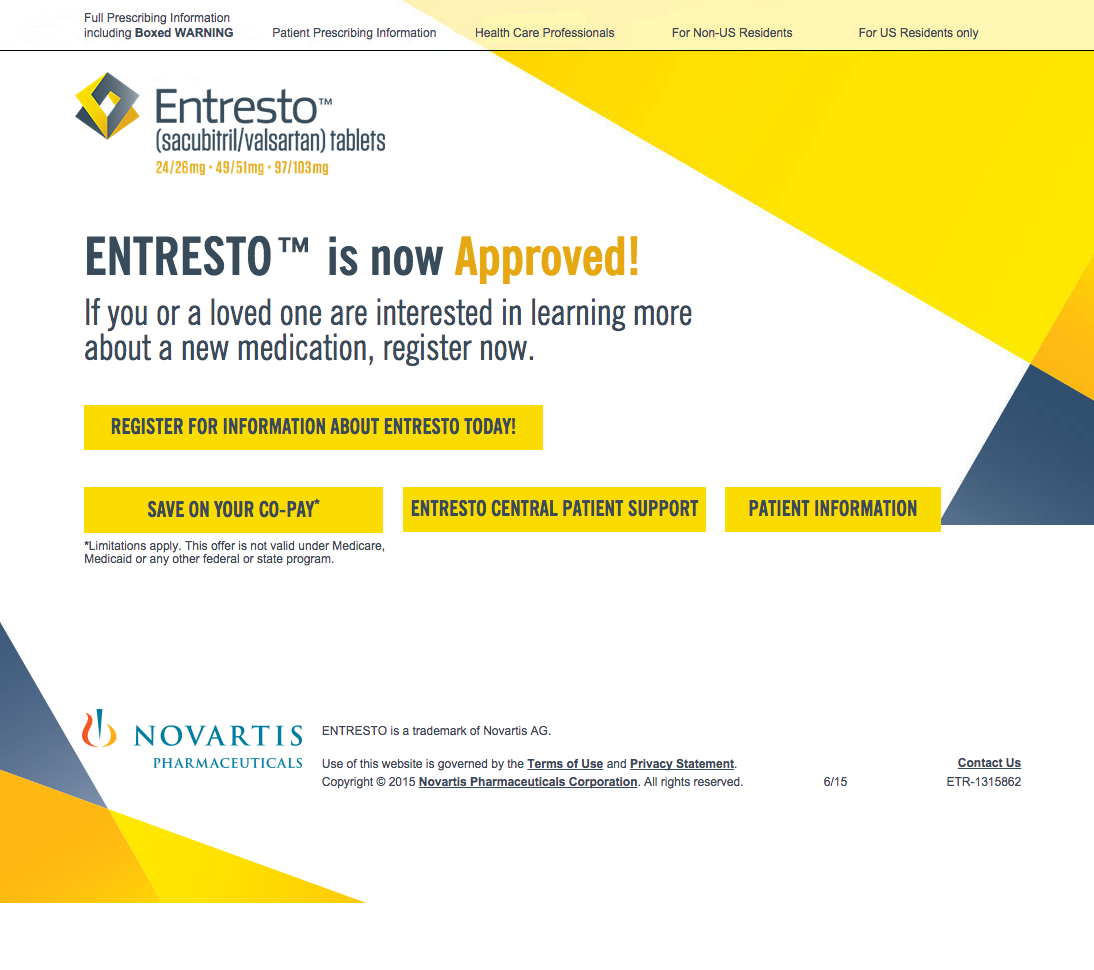

The government alleged that Novartis learned that, for the 2010 donation year, it would be the only donor to an RCC copay assistance fund operated by a charitable foundation. Novartis also sells Afinitor, which is a second-line treatment for advanced renal cell carcinoma (RCC) and a treatment for progressive neuroendocrine tumors of pancreatic origin (PNET). Novartis knew that this coordination would result in a disproportionate share of its funding going to Gilenya patients for 2013.
#Entresto copay card free#
Specifically, at the same time Novartis made a payment to the foundation, Novartis arranged for the foundation to open its MS fund at 6:00 pm on a Friday and for the contractor to have personnel working overtime to submit applications for those patients who had been receiving free Gilenya. Knowing those patients could not afford the copay for Gilenya, Novartis developed a plan with a foundation so that Novartis could cover the copays for those patients. Novartis and the contractor transitioned those patients to Medicare Part D so that, in the future, Novartis would obtain revenue from Medicare when those patients filled prescriptions for Gilenya.

The government alleged that, in October 2012, Novartis learned from the contractor managing Novartis’s free drug program for Gilenya that over 300 patients who were receiving free drugs would be eligible for Medicare in 2013. Novartis sells Gilenya, which is approved for treatment of relapsing forms of multiple sclerosis (MS).

Congress included copay requirements in the Medicare program, in part, to serve as a check on health care costs, including the prices that pharmaceutical manufacturers can demand for their drugs. When a Medicare beneficiary obtains a prescription drug covered by Medicare, the beneficiary may be required to make a partial payment, which may take the form of a copayment, coinsurance, or a deductible (collectively “copays”). In the first settlement, Novartis has agreed to pay $51.25 million to resolve allegations that it illegally paid the copay obligations for patients taking its drugs.
This prohibition extends not only to improper payments to providers, but also to the improper payment of patients’ copay obligations. The Anti-Kickback Statute prohibits anyone from offering or paying, directly or indirectly, any remuneration - which includes money or any other thing of value - to induce referrals of items or services covered by Medicare, Medicaid, and other federally funded programs. “We will continue to safeguard the Medicare program from kickbacks and their pernicious effects, including the undermining of important cost-control mechanisms instituted by Congress.” “Through this settlement and others, the government has demonstrated its commitment to ensuring that drug companies do not use kickbacks to influence the drugs prescribed by doctors or purchased by patients,” said Assistant Attorney General Jody Hunt of the Department of Justice’s Civil Division. The second settlement resolves claims arising from the company’s alleged payments of kickbacks to doctors. The first settlement pertains to the company’s alleged illegal use of three foundations as conduits to pay the copayments of Medicare patients taking Novartis’s drugs Gilenya and Afinitor. Pharmaceutical company Novartis Pharmaceuticals Corporation (Novartis), based in East Hanover, New Jersey, has agreed to pay over $642 million in separate settlements resolving claims that it violated the False Claims Act (FCA).


 0 kommentar(er)
0 kommentar(er)
